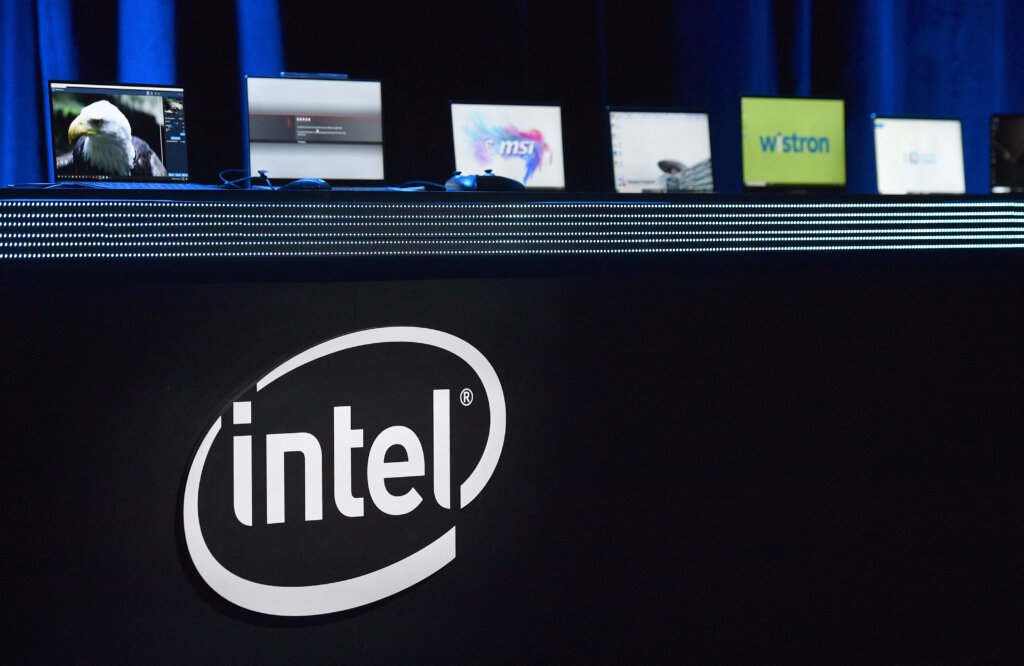Is reshoring the US semiconductor industry a real possibility?

In most countries, local organizations reshoring their production and manufacturing capabilities closer to home would be beneficial for the economy. While governments generally welcome foreign investments, especially companies looking to offshore their production and manufacturing, they often prefer reshoring within the company’s country of origin.
And one industry that is hoping to make the most from reshoring is the semiconductor industry. While the US may design chips based on customer requirements, the equipment may be manufactured in the US, Europe, or Japan. The silicon may be processed and sliced into wafers in Japan while Taiwan manufacturers imprint the wafers with patterns. The wafers could so be sliced and packaged into chips in Malaysia and sent to assembly facilities in China. Only then, the end product would be sent back to the US for sale.
Currently, Taiwan is the country that produces the greatest number of chips globally. TSMC controls about 51% of the global chip market. This is followed by other global chipmakers who have plants spread out across the world. In fact, Taiwan, Korea, China, and Japan together have more than 70% of the market. The U.S. share has been decreasing, now at just 12% of the global capacity, versus its 37 per share in 1990.
However, increasing demand for semiconductor chips has led to supply chain issues and shortages. Many industries have had to delay their production of new mobile devices, smart cars, and such as there were not enough chips made available to them. Following this, several companies have taken the initiative to develop their own chip production plants, be it locally or overseas.
Some of the biggest announcements in chip manufacturing were made recently. They include Intel’s chip investments in Malaysia, Samsung’s new chip plant in Texas, and TSMC’s new plant in Japan, just to name a few.
Tech companies are also working on developing their own chips. Apple recently announced that they are developing wireless chips that could eventually replace components supplied by Broadcom and Skyworks Solutions. Bloomberg reported that Apple is now looking to hire talent to develop these new chips.
Going back to reshoring, the Biden administration is seeking to offer US$52 billion for the industry through the CHIPS (Creating Helpful Incentives for the Production of Semiconductors) for America Act. This is part of the efforts to bolster chip production at home. And it’s not just the US that is among major countries around the world racing to bolster their domestic semiconductor supply chains. Other countries are also looking to similar moves with hopes of avoiding a repeat of the semiconductor shortage over the past year.

(Photo by David Becker / GETTY IMAGES NORTH AMERICA / Getty Images via AFP)
Is reshoring a possibility in the US?
A recent report by Eightfold AI examined the state of the semiconductor sector and its related talent pipeline. Leveraging its AI-powered platform and the largest global talent dataset, its analysis reveals a critical skills shortage to fill the jobs that US fabs (microchip processing plants) would require.
Among the key takeaways, the report highlighted that for only the critical semiconductor applications, the US needs to add about 5.5% of the global production. This means about 18 to 20 fabs and 70,000+ total jobs. To meet those needs, the U.S. would also need to increase its current workforce by about 50%.
And when it comes to reshoring, fabs would need to have a sufficient workforce to handle them. There are three major talent groups required to run a fabrication plant. They include teams for production engineers, logistics and support, and production operations. Interestingly, about 60% of the top Production Operations roles are declining in prevalence, possibly due to automation. Declining roles include manufacturing, equipment, and electronic technicians.
As such, a multi-pronged approach is needed to reshore U.S. manufacturing, including reskilling and upskilling the current semiconductor workforce. Large-scale manufacturers can convert roles with declining relevance into rising opportunities.
Despite the semiconductor industry skills shortage in the US seemingly insurmountable at first glance, the reality is, it is not. Talent can be developed to ensure investments are worth it. And the CHIPS for America Act may just also be the answer to that. At the end of the day, reshoring may be what the semiconductor industry needs to avoid supply chain disruption.










